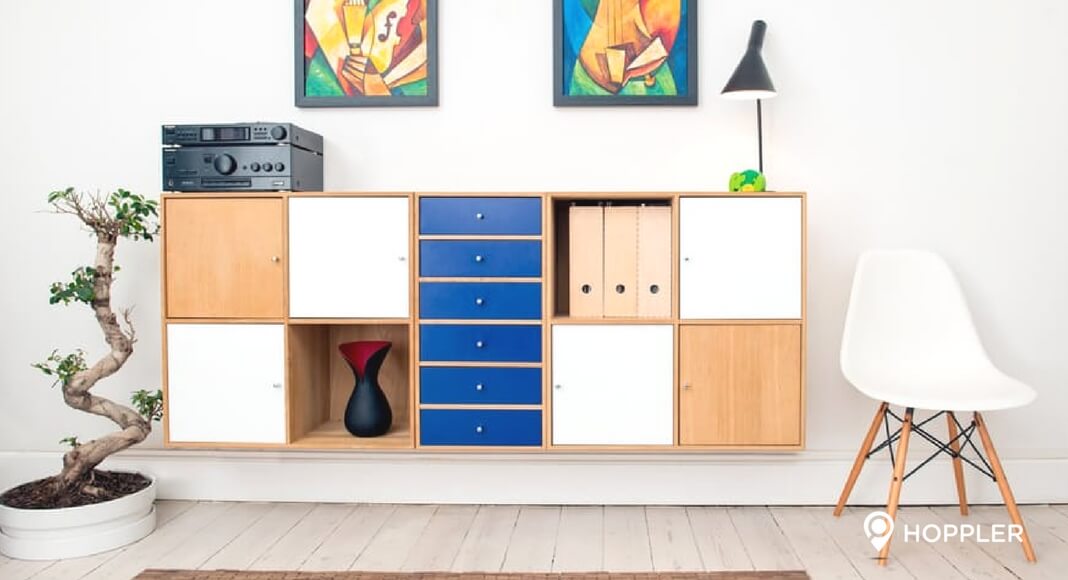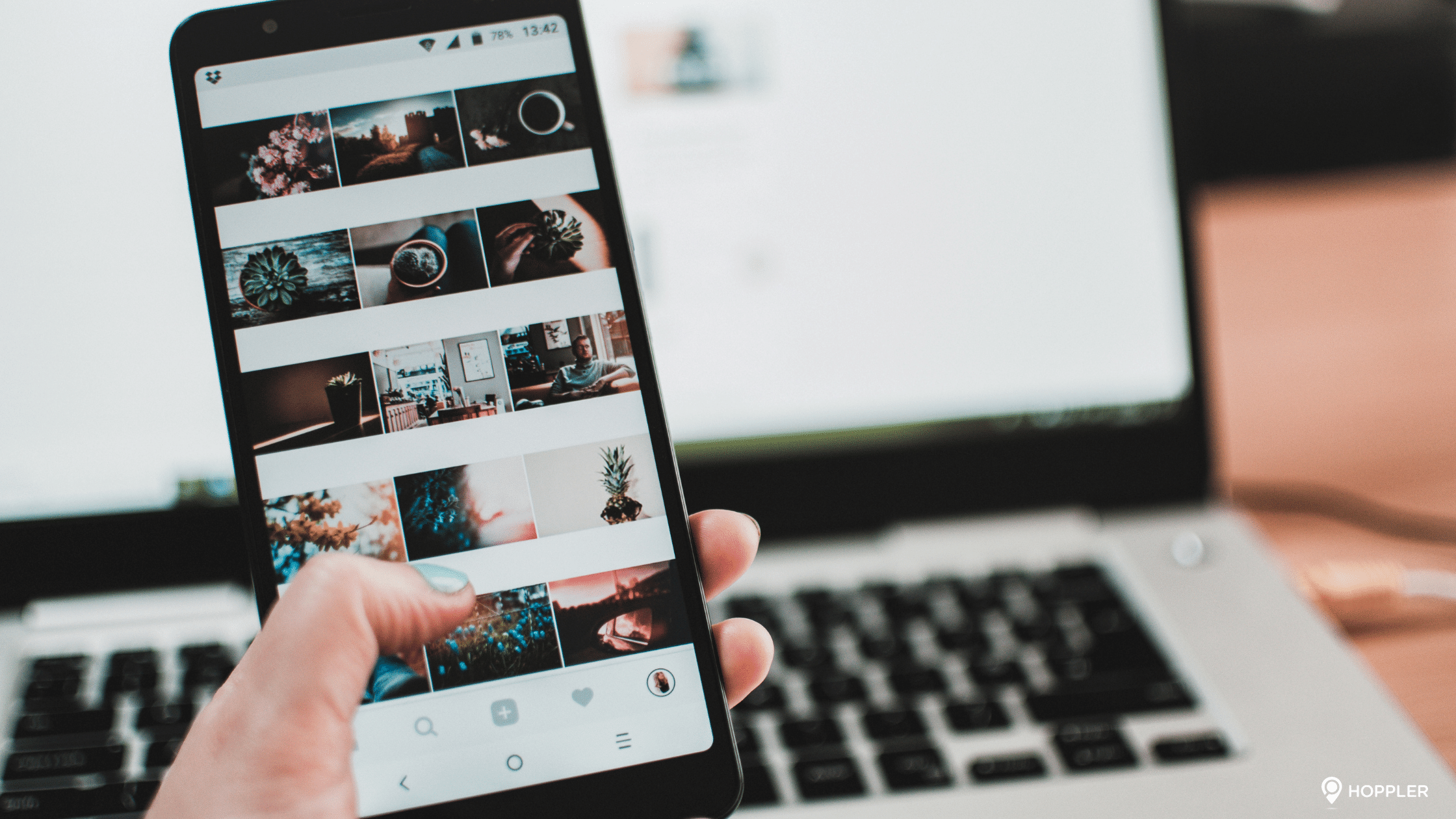Saving for a Home Downpayment while Renting
Most, if not all, people dream of leaving the cycle of having to pay rent and owning their own home instead. The burdens of renting can get exhausting as it limits space and savings.
The only way one can purchase and move into a home is by beginning a savings plan for a downpayment while renting. There are several cost-effective strategies that could help one’s savings plan without burdening a person. Of course, this entails a shift in lifestyle. But the sacrifice should be worth it as the ultimate goal and motivation behind it is to inch closer to purchasing a home. It’s not impossible, as many people are “renting their way to their dream home” – which basically means renting for a limited period of time with the intention of saving enough to purchase a home.
The key to saving for a downpayment is knowing where to start and what to do. Thankfully, there are several ways to start saving that are simple and practical. It’s all a matter of sticking by them long-term to see its results.
- Save more
The 50/30/20 principle dictates that 20% of a paycheck should go to savings, 50% to necessities, and 30% to discretionary items. Adjust percentages and allot an additional 5% to 10% to accelerate savings growth. Don’t jeopardize what’s needed for day-to-day expenses, but adjust the money apportioned for “wants.” Cut down costs wherever possible and redirect that money saved towards the savings plan.
- Skip splurges
It feels good to splurge on items once in a while – some even do it as a form of relaxation! But when working on a home downpayment, splurging on items could greatly affect one’s savings, sometimes leaving them with even less money. When purchasing, try to look for the best quality at the most affordable price. Don’t buy items all at once as well. Instead, spend on a maximum of one to two items each month. Remember: some items can wait!
- Eat out less
Dining out with friends, ordering takeout at night, and purchasing a fancy cup of coffee on a daily basis could drastically affect one’s finances. That doesn’t mean completely giving up dinner, drinks, or a night out with friends – it just means limiting them to a minimum.
- Manage utilities
Unplugging appliances such as cellphone chargers, the television, and the microwave are especially important as they use lots of energy when they remained plugged.
The simplest way to cut down on utilities is to be wiser in using the air-conditioning system. Turn it on only when about to sleep and switch it off immediately once awake. Electronics that go into “standby” mode still draw electricity unless switched off.
- Avoid debt
Good deals at little to no interest are absolutely tempting.
A credit card has its benefits, but unwise usage of it will greatly affect one’s savings. To avoid this, there must be a clear cut resolve to reduce spending through the simple swipe of a credit card. In fact, it would be better not to use it at all unless absolutely necessary. Look at the credit card as a mode of payment to help in urgent or emergency matters and not as a free pass to spend – and then spend some more. Avoid being in debt and having to automatically set aside money to pay it every month.
With the goal of saving for a downpayment constantly in mind, stay motivated and encouraged despite the lifestyle change that it entails. After all, this investment is for the future. Don’t see this as limiting one’s self, but rather taking advantage of the opportunities at hand.



